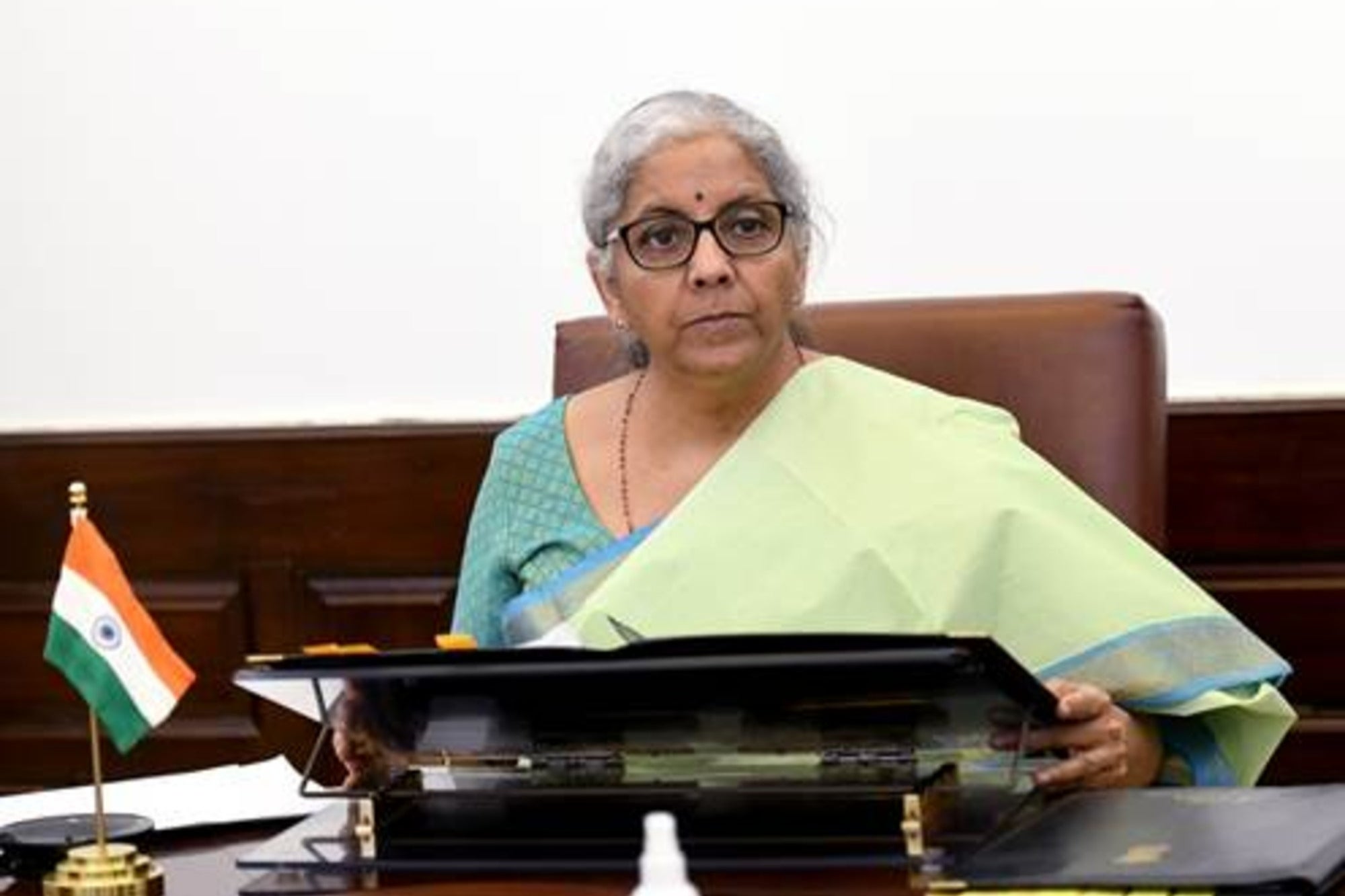Why are Quick-service Restaurants Becoming so Popular in India Now Rising per capita income, urbanization and increased participation of women in the workforce are some of the key factors
Opinions expressed by Entrepreneur contributors are their own.
You're reading Entrepreneur India, an international franchise of Entrepreneur Media.

Consumer behavior and preferences in the hospitality industry has changed dramatically, over the recent years. Easily available information and economic uncertainty has made today's diners extremely discerning in their choices regarding the place they eat out or order from.
Today, Indians no longer need a reason or a special occasion to eat out. They simply eat out because they want to experiment, love food or spend their free time.
More and more consumers, especially the younger crowd, are inclined towards the QSR segment, low-priced food, easy-to-go menus and pacifying dine option.
According to a recent report launched by KPMG in association with FICCI on "India's food service industry: Growth Recipe', the food service industry in India can broadly be classified into four major segments, wherein Full-service Restaurants and Quick Service Restaurants (QSRs) together account for around 73%, rest 14.6% being street kiosk desks and remaining 12.5% being bars and cafes.
It is estimated that close to 530 million people will reside in urban areas by 2025, which will offer an attractive opportunity towards QSR chains.
Following are the factors fostering the growth of QSRs:
External Factors and Dynamic Environment
Rising per capita income and urbanization, increased participation of women in the workforce and acquaintance to western lifestyles are some of the key factors leading to growing demand for QSRs, followed by casual dining.
The standardization across food outlet chains in terms of ambiance, hygiene, time to service and easy accessibility has generated instant interest in the mind of the consumers, leading to an increase in the overall footfalls. Hence, to get a competition edge and cater to the changing palates of the Indian consumers, most of the chains are modifying their offerings in terms of flavours, pricing and services.
Consumers' Changing Preferences
The QSR format took off in India about 20 years ago. Many global brands followed the suit — either through company-owned stores or the franchisee model or a mix of both.
However still, Indian QSRs have an edge in the home market, wich are playing an instrumental role in helping Indians to warm up to the western cuisines. While, Indian cuisine still remains to be the most preferred choice in India, Chinese cuisine is gaining significant popularity, followed by South Indian, American and Italian.
Seeing the immense potential in this segment, the domestic brands are also on a lookout for funding from private equity players to establish a strong foothold.
Digital Transformation
The new digital wave has seen a surge in the food delivery apps in the form of aggregators and app-based restaurants, which are playing an important role in helping the QSR segment grow.
The ease in ordering food and checking restaurants online has led to companies coming out with mobile apps. Now, there are a number of players who are only virtually present and offer top quality customer service online. An upcoming trend in the recent times has been the advent of food trucks in this space. Moreover, new payment options in the form of mobile wallet companies are spurring this segment.
Future of QSR
In spite of constant churning in the FSSAI plans and the Indian Government regulations, the online food start-ups will continue to grow progressively.Therefore, one can definitely say that the QSR culture that has seen an unprecedented growth in the recent past, is digging in for the long haul and will just become greater and better in the years to come.










